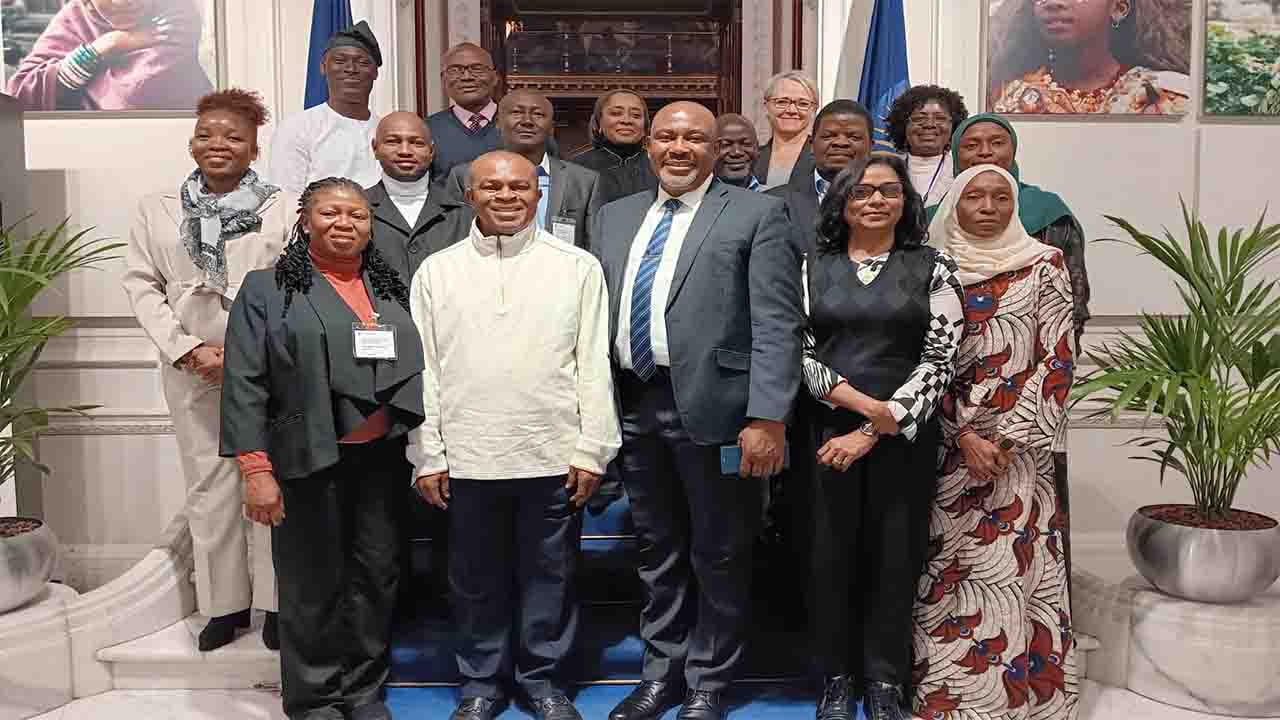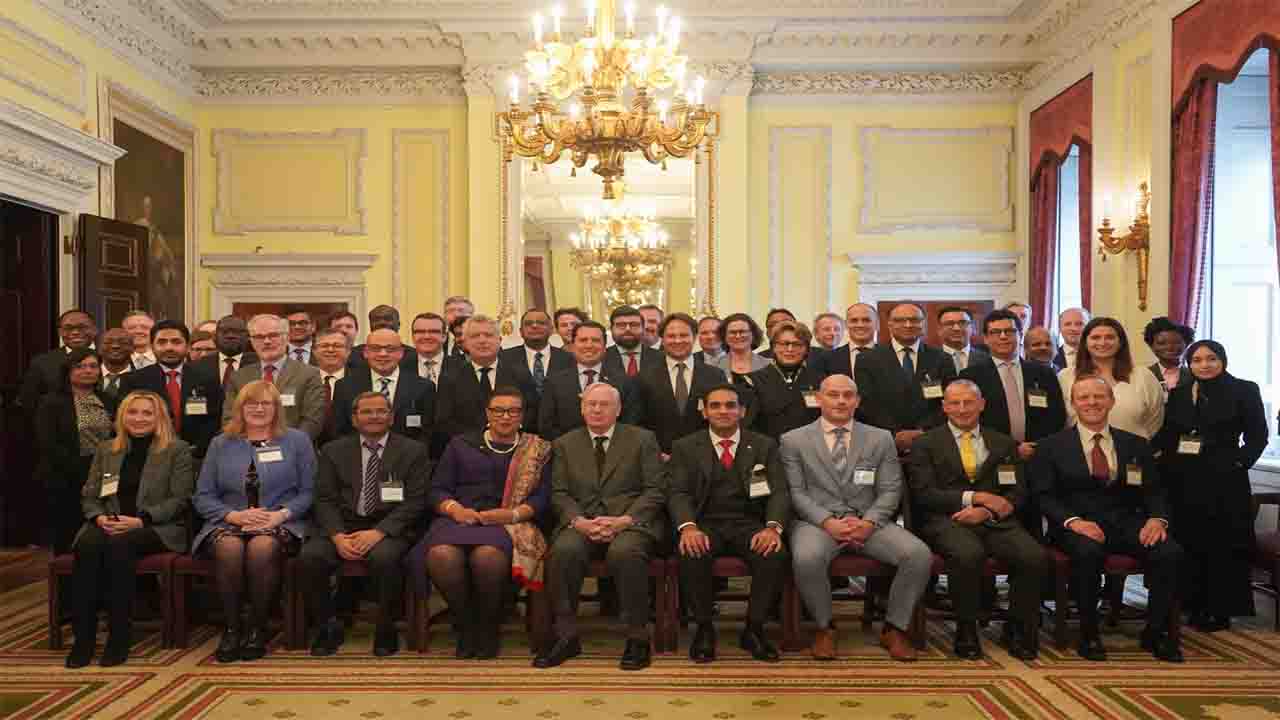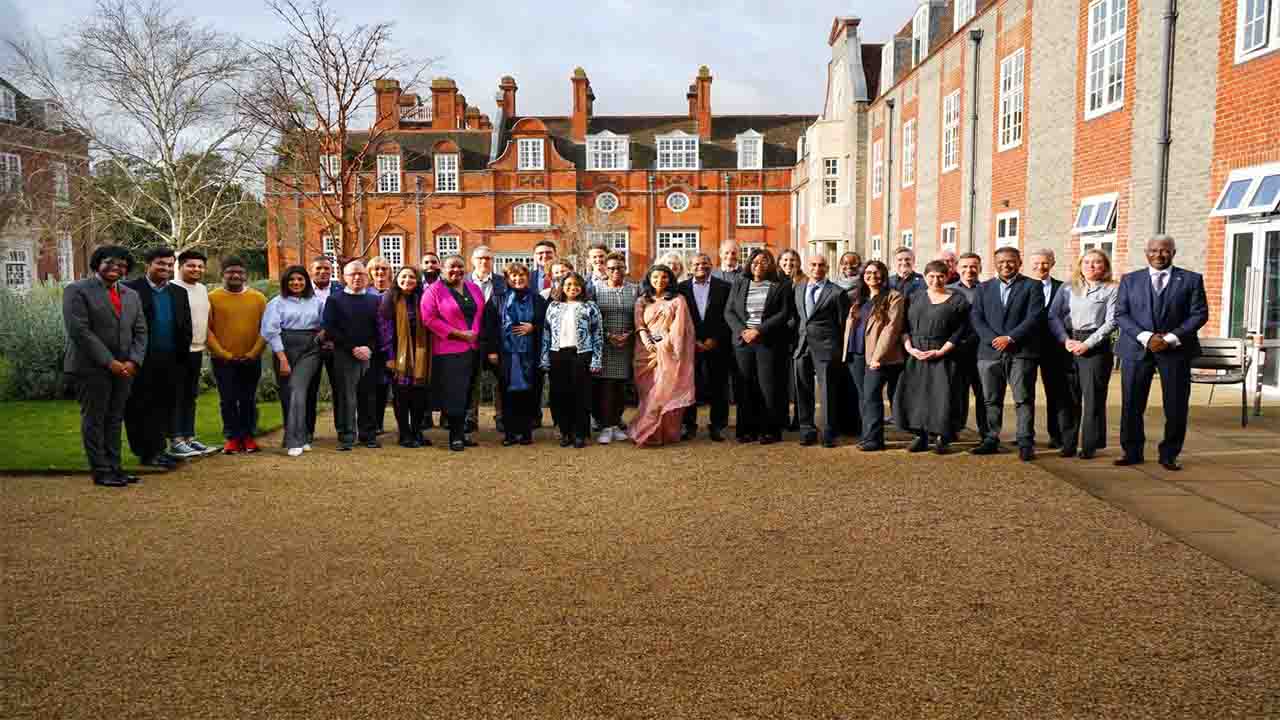UK- Throughout the ages harnessing the power of the brain has been an area of a deep fascinations to scientist and philosophers alike. In modern times the ability to enhance memory has been a key focus. Neuroscientists at the University of Manchester have looked into the impact of surprise on memory and had a surprise of their own, as they discovered a technique that may give us abilities to perform better at exams.
The researcher showed 26 participants images that were natural such as fruit, trees, flowers and unnatural such as a computer mouse and telephone. The researchers trained the participants to expect natural and unnatural items with signs that included a triangle or a square.
The entire study was then repeated with another 24 people having a functional MRI scan to show areas of the brain that were activated to learn and retrieve the information.
When an expected event like a triangle came before an unnatural object and followed a similar but unexpected event, a triangle coming before a natural object saw the participants’ memory enhanced.
The second study in the MRI scanner indicated precisely the same behavioral results, and showed activation in the brain’s hippocampus, the center of the brain associated with memory and learning is located in the temporal lobe of the cerebral hemisphere.
In contrast, a series of 2 unexpected similar events also triggered visual regions in the brain, but failed to increase memory performance.
Lead author Dr Darya Frank, a cognitive neuroscientist from The University of Manchester, said: “We already know that if expectation is violated before or during learning, it triggers an adaptive mechanism resulting in better memory for unanticipated events.
Dr Frank also said “So when the goal is to retrieve information – encountering surprising events like revising in a café or other unfamiliar surroundings would engage an encoding mechanism that may enhance memory for a future exam. She further stated that the reverse is also true, as we try to recall memory for something previously leant during the exam, familiar surroundings can also help.

















